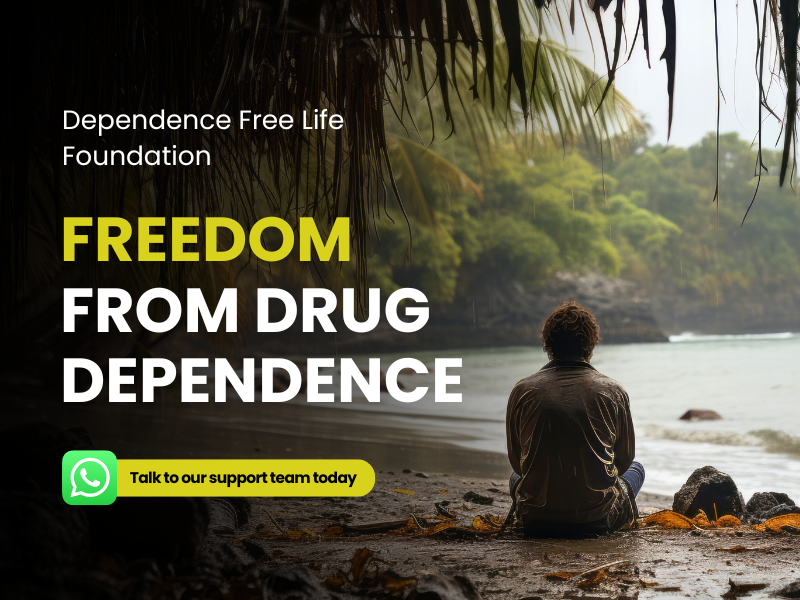How to prepare for conversation with your kids?

How to prepare for a conversation with your kids?
In order to have a successful conversation, you will need to prepare beforehand. Before having the conversation with your kid, make sure you:
- Talk with your spouse/partner — It is important that your spouse or partner are on the same page, before you intervene with your child. “Getting on the same page” doesn’t necessarily mean agreeing – it means committing to present a united front, even if the two of you disagree on the issue. “As hard as it may be to go along with something your husband or wife is saying, especially if you totally think they don’t know what they’re talking about, you really want to give your child the message that there’s teamwork”
Remember: This is a stressful situation for both you and your spouse, and you will need one another’s support. Do not blame your partner for your teen’s drug or alcohol use, or allow him/her to blame you. Your teen’s problem is no one’s fault, but you and partner do need to work together to deal with it.
- Recognize the significance of addiction in your family — For some, trying drugs, smoking or alcohol once or twice is just part of the teen experience. But if there is a history of addiction in your family, your child is much more likely than other kids to become addicted. Understand this serious risk and think about how you are going to explain this to your child in a way that will make him listen.
Remember: Don’t deny addiction in your family. There’s no reason to be embarrassed, and you can actually use your family’s history of addiction as a tool to keep your own child away from drugs. You can say, “As you know, your uncle XYZ is an alcoholic. You’ve seen how much he hurts himself and the people around him when he drinks. Since alcoholism runs in the family, you need to be especially careful to avoid drinking so that you don’t develop the same problems.”
- Set a desired outcome for your conversation with your kid — he “drug talk” is actually not one talk – it’s a series of conversations. Chances are, your first conversation will not resolve all problems – and that’s okay. But if you set a goal (even a small one) before you start talking, you will know where you want your conversation to ultimately lead.
Remember: Don’t set your expectations too high. Your kid may not even admit to drug use the first time you talk to him/her, let alone pledge to stop using or get help. Set reasonable goals, and realize that just expressing to your kid that you don’t want him using drugs or drinking is a small triumph. Make sure you pick your battles and fight them one at a time.
- Prepare yourself for your kid’s reaction — Your kid will not be happy that you’re approaching him about his smoking, drug or alcohol use. That’s to be expected. What you might not expect is to be called a liar, hypocrite or snoop. Think about how you will handle these accusations if they come up.

8 Ways to Start a Conversation with Your Kid about Smoking, Drugs and Alcohol
Starting a conversation with your kid about substance abuse doesn't have to be difficult. References to drugs and alcohol appear in headlines, movies and advertisements. Take advantage of these opportunities to start a conversation with your child.
- Use blocks of time: such as after dinner, before bedtime, before school or on the drive to or from school and extracurricular activities to talk about drugs, alcohol, smoking and why they're harmful.
- Take advantage of everyday "teachable moments": Teachable moments refer to using every day events in your life to point out things you'd like your child to know about. Instead of always pointing out what not to do, it is worth highlighting what is right to do through these teachable moments.
- Point out alcohol, tobacco, and drug-related situations: going on in your own neighborhood. If you and your child are at the park and see a group of kids drinking or smoking, use the moment to talk about the negative effects of alcohol and tobacco.
- Use newspaper headlines or TV news stories as a conversation starter: The daily news is filled with stories that detail the consequences of alcohol and drug abuse. Talk to your child about the mother who used drugs and was arrested. Who will take care of her baby now? Did she make a good decision when she used drugs?
- Watch TV with your kids, and ask them what they think. For example,
- Do the shows and advertising make drug use look acceptable and routine?
- Do they show its downside?
- How did that program make your child feel about drugs?
- What does your child think of when he/she sees warnings in movies or TV or on cigarette packs? Getting your kids, view on the topic can help you start a conversation with him/her.
- Share stories of people in recovery and stories of those lost to drugs and alcohol. Ask your kid their thoughts and feelings after reading the stories.





